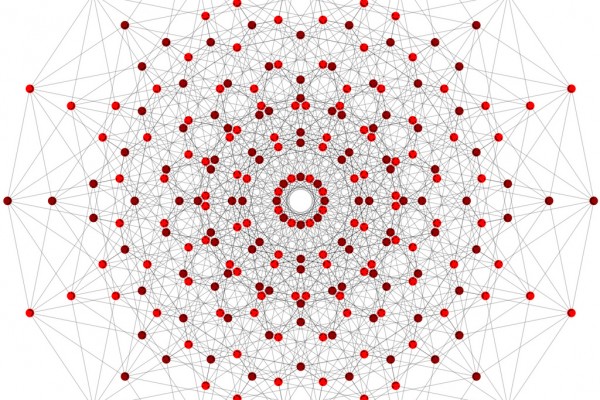In separate incidents -days apart- Canadian military personnel were run-down in St-Jean-sur-Richelieu Quebec, and the Parliament Hill shooting left one soldier dead. These incidents have rekindled the discourse on Canadian counter-terrorism efforts. On October 22nd Prime Minister Stephen Harper addressed the nation, vowing to take actions to protect Canadians. While the ramifications and causes of domestic radicalization are still unclear, the government’s shift of focus to counter-terrorism renders the future of public safety open-ended at the hands of representatives who vow to take “all necessary steps to keep Canada safe.”
“Canada will never be intimidated. In fact, this will lead us to strengthen our resolve and redouble our effort… and those of our national security agencies, to take all necessary steps to identify and counter threats and keep Canada safe here at home. Just as it will lead us to strengthen our resolve and redouble our efforts to work with our allies around the world and fight against the terrorist organizations who brutalize those in other countries with the hope of bringing their savagery to our shores.” Harper said during his press conference.
Consequently, on October 27th, the Tories tabled a new bill titled ‘the Protection of Canada from Terrorists Act’- Bill C-44- that would expand the powers of the Canadian Security Intelligence Service. Bill C-44 would effectively legalize CSIS’ domestic and international intelligence-gathering mission. This would grant CSIS the right to share information with Canada’s allies (such as the United States and the United Kingdom) and allow its agents to conduct its mission outside of the country. Public Safety Minister Steven Blaney stated that Bill C-44 would allow the government to “seek earlier implementation of the citizenship revocation provisions” and also enable CSIS to “be able to rely on our sources, because we will give confidentiality and privacy.” In other words, Bill C-44 would internationalize CSIS and share the information that it has gathered among the “Five Eyes,” an international intelligence alliance which includes Australia, New Zealand, Canada, the U.K, and the U.S. Furthermore, it would extend the spy agency’s powers in the name of safety. Coupled with the Strengthening Canadian Citizenship Act passed during this Summer, this would give the immigration minister the ability to revoke Canadian citizenship from dual citizens convicted of terrorism in a Canadian court or any foreign jurisprudence even if the convict was born in Canada.
Bill C-44 parades the slogan of public safety and yet ties this very notion to the militant “steps to identify and counter threats,” while stressing Canada’s identity as a “peaceful” nation is at the heart of. It fits the definition of the Shock Doctrine put forth by Naomi Klein –political leaders capitalizing on crises, using them to push through exploitative policies. In this case further undermining privacy and the rule of law under the guise of counter-terrorism. By labelling these unrelated, separate acts of violence as terrorist acts, Harper has produced a loaded, monstrous bill that could haunt Canadians into the future. While Bill C-44 might be the first to come, it will not be the last. The Privacy Commissioner of Canada, Daniel Therrien, warns that we ought to “be very vigilant in asking for a clear demonstration that additional tools are required… [because] we have robust tools currently.” The Bill will be debated and voted on in the upcoming weeks.
Harper fails to address the causes of these “terror” attacks; he fails to address the question of whether they are always preventable. By labelling these acts of violence -perpetrated by radicalized young Canadians named Martin Couture-Rouleau and Michael Zehaf-Bibeau, both born and raised in this country— Harper has essentialized and reduced the underlying causes into a one-dimensional abhorrence of terrorism. This rationalization also serves to advance the expansion of bureaucratic intrusion simultaneously as we “redouble our efforts to work with our allies around the world.” By redoubling our efforts and working with our allies around the world, it opens the door to a possible merge with the monstrosity that is the United States’ military–industrial complex and exact a metamorphosis of jurisdiction that would Americanize Canada. The Guardian warns of a similar measure in the U.K. called the Draft Communications Data Bill which would leave privacy at the government’s discretion. Our military shall regain a purpose. Our police and spy agency shall have the tools to strip us of our privacy and citizenship under the rhetoric of protection. We will sacrifice freedom as we walk down the path of Bill C-44 with the Tories to a destiny of safety that is questionable and its efficacy doubtful given that there has not been any conclusive evidence on whether mass surveillance even works.
By Michael Law








